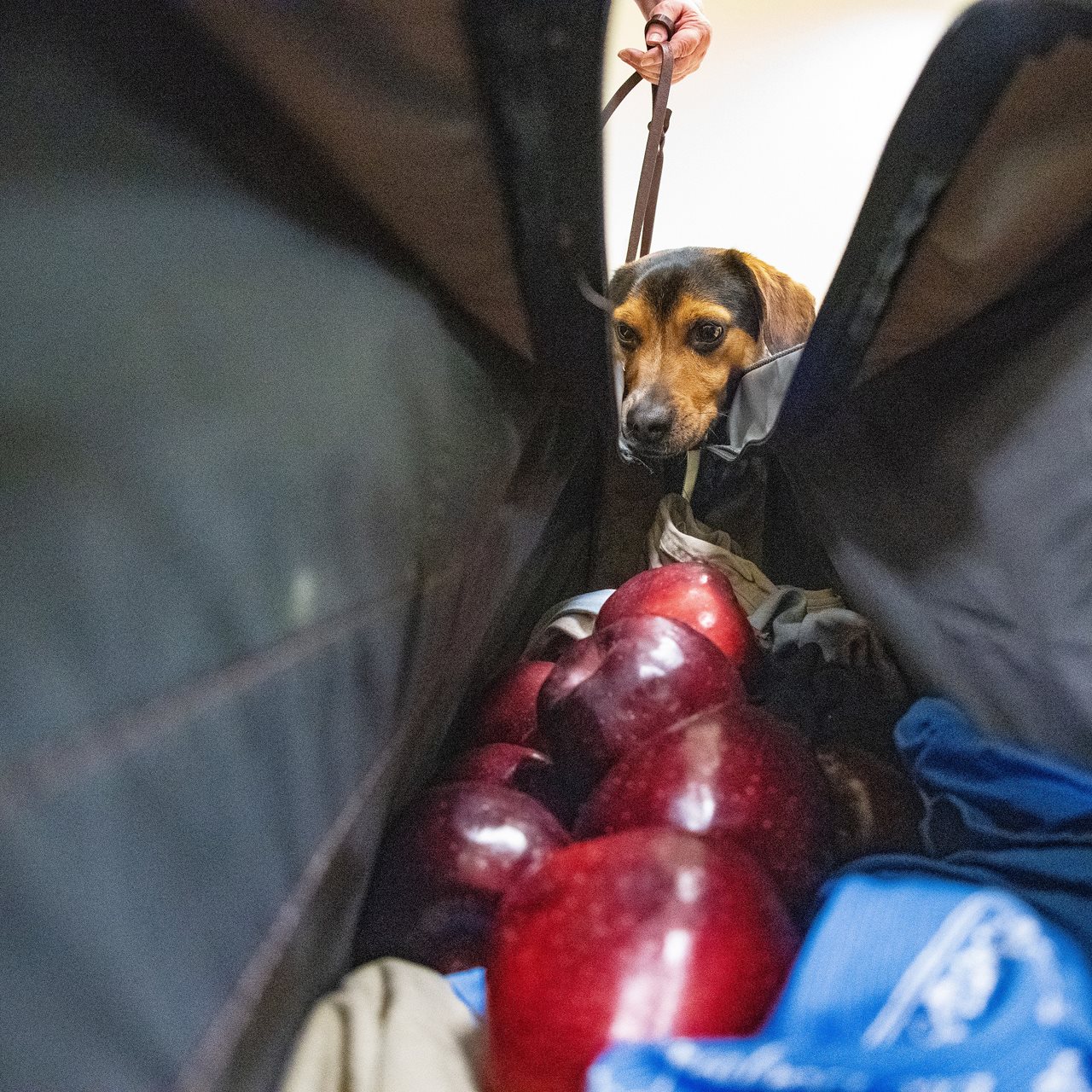(BPT) - When you think about online shopping or international travel do you ever think about the invasive pests that could be on fruits, vegetables, and plants? Some invasive pests, like citrus canker disease or Oriental fruit fly, could be in healthy-looking citrus fruit you pack in your luggage. Just one smuggled fruit could wipe out this year's harvests in your area and then continue to spread across the U.S.
There are many invasive pests that have already arrived on our soils. The spotted lanternfly can lay egg masses on most outdoor surfaces and hitchhike on those items when we transport or ship them. Their egg masses are inconspicuous and look like a smear of mud. Spotted lanternflies have spread to 17 states in just the last 10 years. They are not strong flyers and could not have done that without our help. People can unintentionally spread invasive pests faster and farther than they can move on their own. Pests can hitch rides in international luggage and in items bought online from international sellers. They often enter the U.S. in illegally imported agricultural goods that haven't been inspected to ensure they're pest-free.
Once here, invasive pests spread farther on the items people move and ship, endangering America's crops, forests, ecosystems, and gardens. These pests threaten the American food supply and cost the U.S. an estimated $40 billion each year in damages to trees, plants, and crops.

Fortunately, we can reduce their impact. The United States Department of Agriculture's (USDA) Animal and Plant Health Inspection Service has tips that online shoppers and international travelers should follow to protect our crops and ecosystems from the threat:
- Declare agricultural goods to customs officials when returning from international travel.
- Handicraft souvenirs that contain wood, palm fronds, or other plant parts may present a pest risk. Learn about guidelines for importing handicrafts.
- Don't collect foreign soil as a keepsake while overseas. Soil is prohibited from entering the U.S. from most countries without a permit. Learn more.
- When ordering online, don't assume agricultural items are legal to purchase and have shipped into the United States. As the buyer, you are responsible for the import paperwork when you buy the item online from overseas.
- Before you buy, contact the seller to find out where the item ships from.
- If the item ships from overseas, check with your local USDA representative about what is required to import the agricultural item you want to buy.
Visit Don't Pack a Pest to learn more about how to travel pest free. For questions about importing and exporting requirements, call APHIS at (877) 770-5990 or email plantproducts.permits@usda.gov.
We each play an important role in protecting our food supply, gardens, and trees. If you are shopping online or traveling overseas, take the appropriate steps to ensure you are following U.S. import laws. Learn more about the invasive plant pests and diseases that may already be in your area, and how to avoid spreading them domestically or from overseas at www.HungryPests.com.





